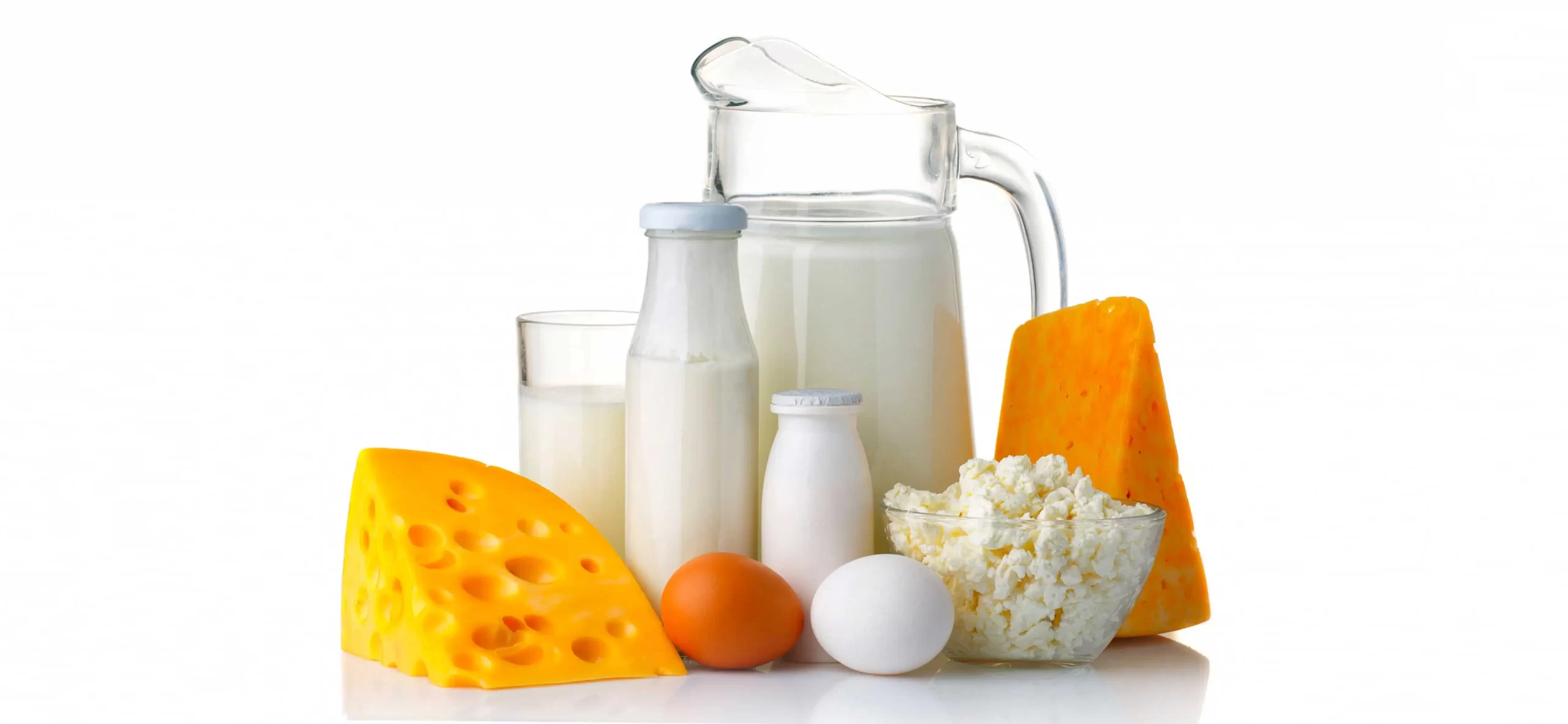“Dairy is a common allergen and one of the leading causes of digestive issues. It’s essential to consider minimizing dairy in your diet for optimal health,” says Dr. Jane Smith, a leading nutritionist.
Dairy products have been a staple in many people’s diets for generations. From a venti-size frappe from your favorite Starbucks to a scoop of Carmen’s Best ice cream as a late-night treat, dairy is present in our diets in various forms.
However, recent studies have shown several compelling reasons you should consider reducing or eliminating dairy from your diet.
Before you shut down because of the implications of your love of dairy products like ice cream, cheese, and milk chocolate, read up.
1. Lactose Intolerance
Many people are lactose intolerant, which means they have trouble digesting lactose, the sugar in milk and dairy products. This can lead to bloating, gas, and diarrhea.
According to the National Institute of Diabetes and Digestive and Kidney Diseases, up to 75% of the world’s population is lactose intolerant. While some people may only experience mild symptoms, others can have severe reactions impacting their quality of life.
A study published in the American Journal of Clinical Nutrition found that a diet low in lactose improved symptoms of bloating, gas, and diarrhea in lactose-intolerant individuals.
2. Allergies
Dairy is one of the most common food allergens and can cause various symptoms, including skin rashes, stomach cramps, and difficulty breathing.
In severe cases, dairy allergies can lead to anaphylaxis, a life-threatening reaction that can cause swelling, difficulty breathing, and a drop in blood pressure.
If you suspect you have a dairy allergy, it’s crucial to see a doctor and undergo an allergy test to determine the severity of your allergy and the best course of action.
A study published in the Journal of Allergy and Clinical Immunology found that dairy was one of the most common food allergens responsible for various symptoms, including skin rashes, stomach cramps, and difficulty breathing.
3. Hormonal Imbalances
Dairy products contain hormones like estrogen, which can disrupt your body’s natural hormone balance. This can lead to various issues, including infertility, mood swings, and weight gain.
Estrogen dominance, a condition where estrogen levels are too high relative to other hormones, can lead to many symptoms, including heavy or irregular periods, mood swings, and difficulty losing weight.
Minimizing dairy in your diet can help reduce exposure to these hormones and improve your hormonal balance. A study published in the Journal of Women’s Health found that a diet low in dairy improved hormonal balance and reduced symptoms of estrogen dominance in women.
4. Inflammation
Some studies have linked dairy consumption to increased inflammation in the body, which can lead to various health problems, including arthritis, heart disease, and type 2 diabetes.
Inflammation is a natural response in the body that helps to fight off infections and repair damaged tissue. However, when inflammation becomes chronic, it can cause significant damage to your body and lead to a range of health problems.
Reducing or eliminating dairy from your diet can help reduce chronic inflammation and improve your overall health.
A study published in the American Journal of Clinical Nutrition found that a diet low in dairy reduced markers of inflammation in the body, leading to improved health outcomes.
5. Better Nutritional Options
Many non-dairy options are available that are rich in calcium, protein, and other essential nutrients. These options, such as almonds, soy, and oat, can provide a healthier alternative to dairy products.
A study published in the Journal of the Academy of Nutrition and Dietetics found that plant-based kinds of milk were a good source of calcium and other essential nutrients, providing similar calcium levels to cow’s milk.
These alternatives can also offer additional health benefits, such as a lower saturated fat content and fiber content than dairy products. By switching to non-dairy alternatives, you can improve your nutritional intake and reduce your risk of developing health problems associated with dairy consumption.
It would help to consider minimizing dairy for several compelling reasons. From lactose intolerance and allergies to hormonal imbalances and inflammation, dairy can harm your health.
By reducing or eliminating dairy from your diet, you can improve your overall health, reduce symptoms of lactose intolerance, allergies, and hormonal imbalances, and reduce your risk of developing health problems associated with dairy consumption.
With many non-dairy alternatives available, you can still get the essential nutrients your body needs while avoiding the potential health risks associated with dairy. By making this change, you can achieve a healthier and more balanced lifestyle.



























